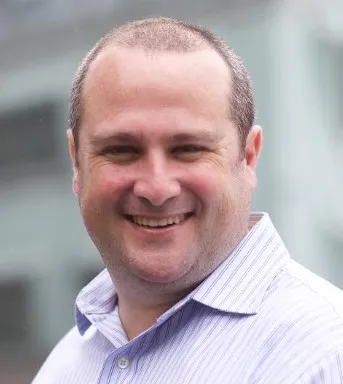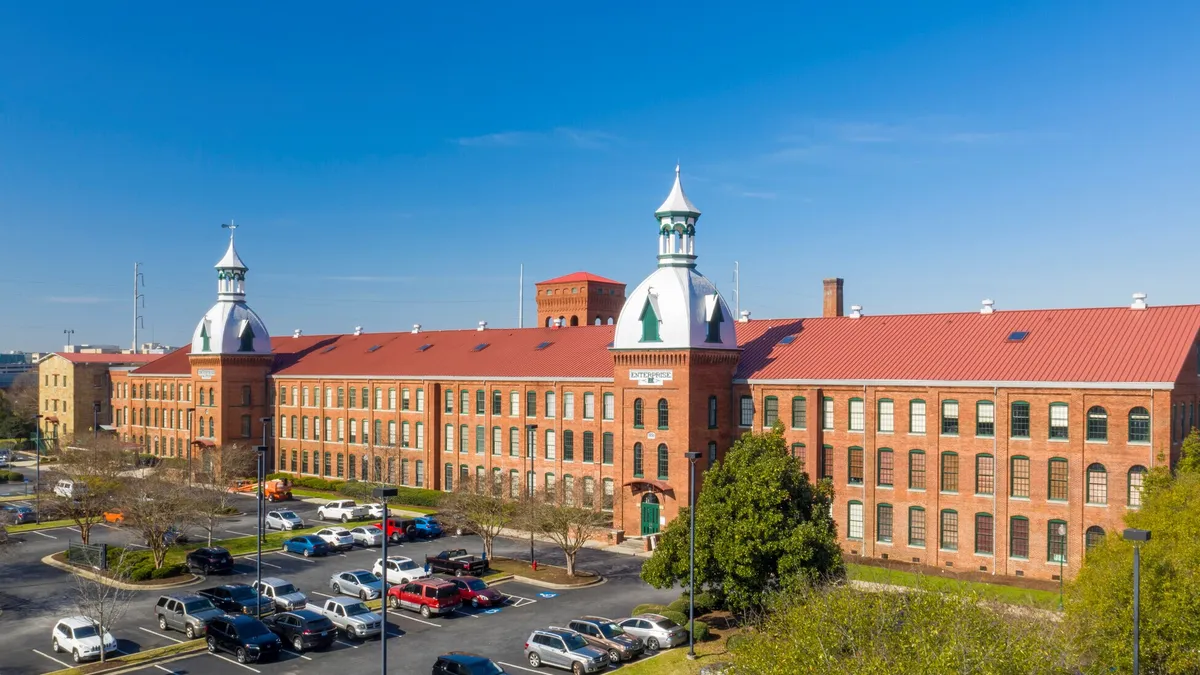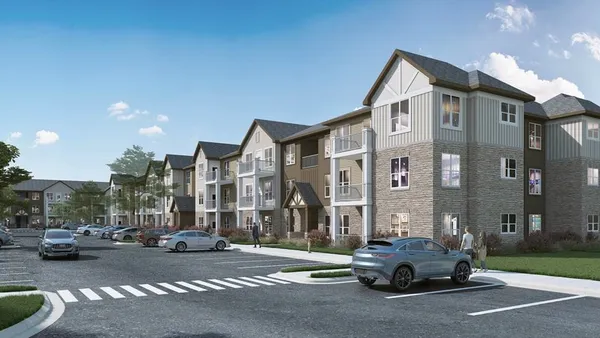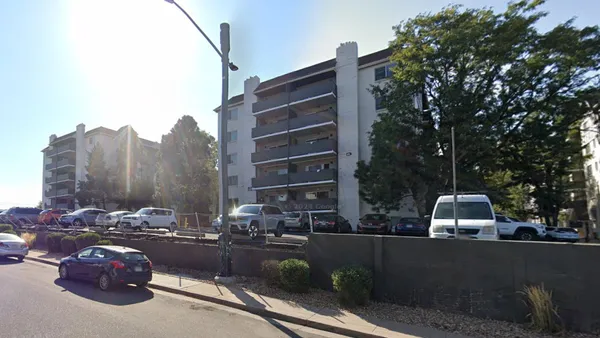Coral Gables, Florida-based Beacon Real Estate Group has been busy over the past couple of years. The company, which specializes in multifamily, office and retail properties in the Southeast, has bought nearly 5,000 apartments since 2020.
“All apartment deals in one shape or form come from a broker,” Beacon Chief Operating Officer Carlos Imery told Multifamily Dive. “We have a reputation of always closing. We have never backed out of the deal.”
Beacon traces its roots back to 1967 and controls over 10 million square feet of U.S. commercial real estate including many value-add properties. For example, this month, it commenced a $3 million improvement plan at the Enterprise Mill in Augusta, Georgia, turning a former cotton mill into a mixed-use complex with 60 loft apartments. The company had already invested more than $2 million to enhance the property’s amenities, add 24-hour security and address deferred maintenance.
“We already brought it back from its deferred maintenance issues,” Imery said. “Now it's time to make it shine by doing a value-add, like renovating the interiors and providing conference rooms and co-working space.”
Here, Imery talks with Multifamily Dive about vertical integration, technology investment and what properties Beacon prefers.
This interview has been edited for brevity and clarity.
MULTIFAMILY DIVE: Are you vertically integrated with your own management group?
CARLOS IMERY: We don't do a traditional vertically integrated strategy. We don't do it because we have a regional thesis, and I can't possibly tell my investors that I’m the best operator in Austin, Texas. I just can't.
So, we hire third-party management. We don't use a single company. We use whoever we feel has the best team in each market. We use the Lincolns of the world and the Greystars of the world, and we also use regional companies. We use them as a conduit to talent. The performance of our assets is only going to be as good as the talent that is there.
How do you incorporate technology?
We have built a business intelligence technology, which we plug into property managers’ accounting systems and marketing systems. We are also constantly scraping the public websites that advertise apartments, like Apartments.com and RentPath.com, and we save that data.
What do you do with this information?
With this business intelligence software, we can synthesize information. With a click of a button, I can tell you things like the occupancy, rent increases on renewals or new leases per floor plan on any property. Other people may see 95% occupancy at a property. I can see that my one-bedrooms are too cheap and I need to raise the rent.

But that's not only the information that this gives us. Now, you've put yourself in the shoes of a property manager. If I ask him or her for that simple report, they will take eight hours to put it together. And if I ask them to modify it, it maybe takes another two or three hours. So that is time that they’re not focused on the property. So we standardized reporting. Everybody sees exactly the same thing and the communication between asset management and property management is seamless.
What types of properties are you focused on?
The common theme is affordability. One of the strategies is your traditional value-add deal. We buy stuff from the 1970s to the 2010s. And there has to be a compelling value story where you look at the comps and there is an opportunity to capture value via a renovation, whether it’s a light or a heavy renovation. It's a very traditional investment strategy. We do follow jobs.
We also buy lease-up risks, meaning that we sign a contract with developers on what is generally a Class A property in either secondary or primary markets. For example, we bought two Class A deals in Gainesville, Georgia, which is 45 minutes away from downtown Atlanta and those deals are doing great. People say, “With $400 I'll buy a better car, and I'll live on the outskirts.”
Is there risk in that strategy, especially as gas prices rose this year?
The last one we did was in early March. So that was not necessarily a consideration as much as it is today. But, for example, LaGrange, Georgia, where we own a property, has its own ecosystem of jobs. But it is a consideration. It's just going to be determined by what the gap in the downtown rents is versus the outskirts.
Click here to sign up to receive multifamily and apartment news like this article in your inbox every weekday.











